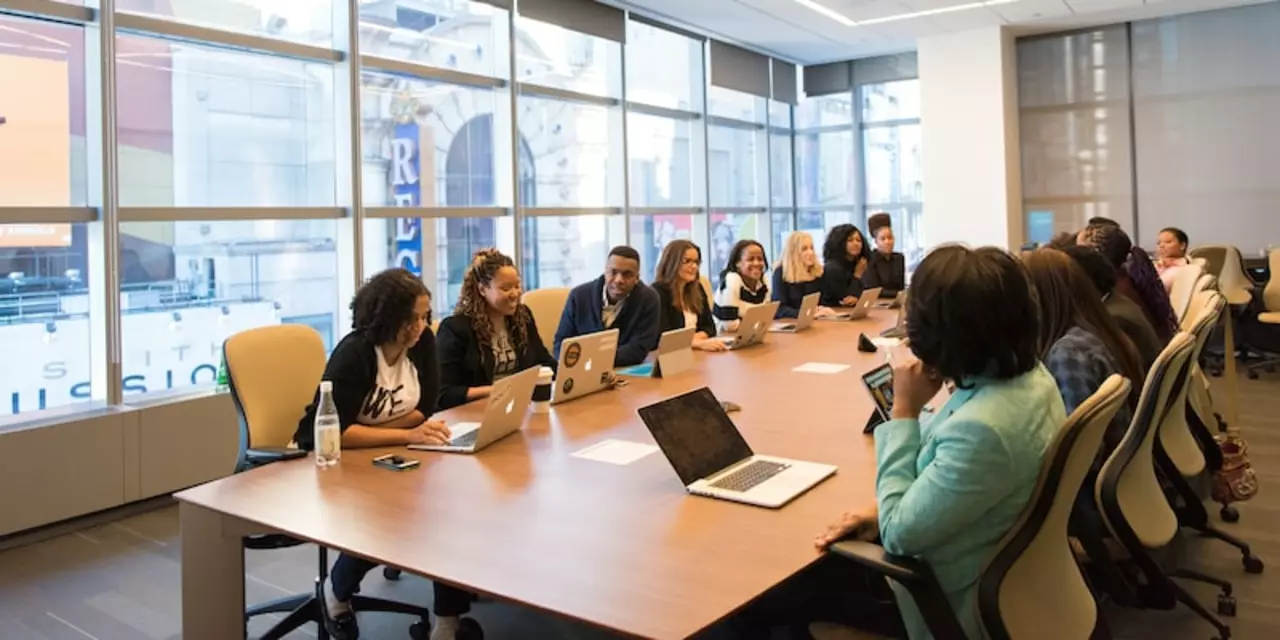In a sport that has long been dominated by white athletes, the lack of black professional road cyclists is glaringly obvious. This is a topic that is rarely discussed, but it is an important one to explore, as it speaks to a greater issue of systemic racism and the lack of opportunity for black athletes in the professional cycling world.
The barriers to entry for black athletes in professional cycling are numerous. For starters, there is a lack of resources and infrastructure for black athletes to pursue road cycling as a professional career. This is compounded by the fact that cycling is an expensive sport, with the cost of equipment, training, and travel often dissuading athletes from taking up the sport in the first place. Additionally, there is a lack of support for black athletes within the cycling community, with many events and races catering only to white athletes.
Beyond the lack of resources and infrastructure, there is also a lack of visibility for black cyclists. Most cycling media outlets and publications focus on white athletes, leaving black cyclists with little to no coverage. Furthermore, it is not uncommon for black cyclists to experience racism during races, with some riders being subjected to racial slurs and other forms of discrimination. All of these factors contribute to the lack of black professional road cyclists.
It is clear that there is much work to be done in order to create a more inclusive cycling environment. It is important to expand access to resources and infrastructure for black cyclists, as well as to create more visibility for these athletes in the cycling media. Additionally, it is important for the cycling community to come together to address any instances of racism and discrimination that may occur during races or training sessions.
It is time for the cycling world to take a hard look at the lack of black professional road cyclists and to take steps towards creating a more inclusive environment for all athletes, regardless of race. Only then will we begin to see a shift in the sport, allowing all athletes the opportunity to compete and succeed at the highest levels of professional road cycling.
For a long time, cycling has been seen as a predominantly white sport, but this is slowly changing. There is a growing number of black professional road cyclists, but they remain a minority. So, why are there so few black professional road cyclists?
One of the most significant factors preventing black people from entering professional cycling is the cost. Professional cycling is an expensive sport, with riders needing to buy their own bikes, pay for race entry fees and travel costs. Many black people do not have the financial resources to make this possible, especially if they are coming from a lower-income family.
Another contributing factor is the lack of representation in the sport. Black cyclists often find it difficult to relate to the predominantly white professional cycling world, and can feel isolated and excluded. This can discourage them from pursuing the sport further.
The final factor that contributes to the under-representation of black professional road cyclists is the lack of role models in the sport. Black cyclists need to see that it is possible for them to make it in the sport, and without visible role models, this can be difficult. Furthermore, it can be difficult for young black cyclists to find mentors who understand what it is like to be a black cyclist in a predominantly white sport.
These are just some of the reasons why there are so few black professional road cyclists. It is important to create a more inclusive cycling community, where everyone feels welcome and can take part in the sport. With more black role models, better access to resources, and more representation in the sport, we can make cycling a more diverse and inclusive activity.

Hi there, I'm Ethan Kingswood, a sports enthusiast with a particular passion for cycling. I've been involved in the world of sports for over a decade and have gained expertise in various disciplines. My love for cycling has led me to write engaging articles and blog posts about it, sharing my knowledge and experiences with fellow cycling enthusiasts. I also enjoy participating in cycling competitions and training others to improve their skills. My ultimate goal is to inspire more people to embrace the exciting and rewarding world of cycling.